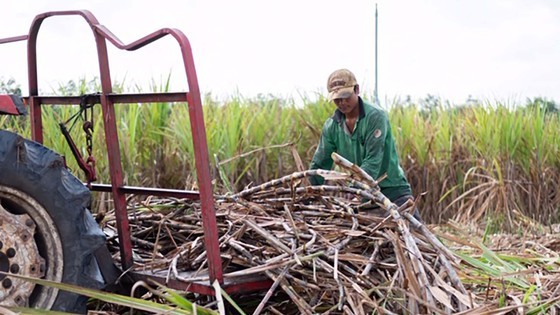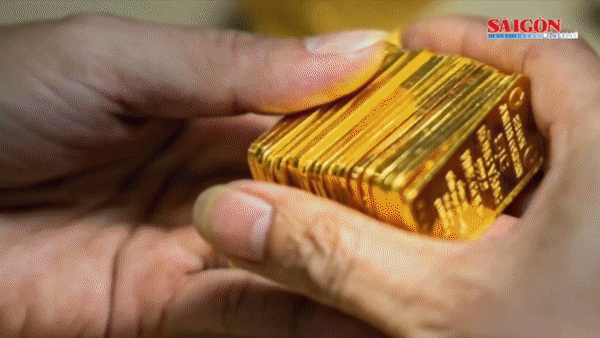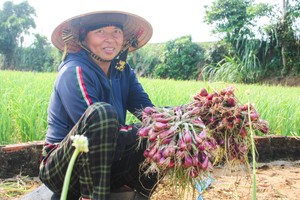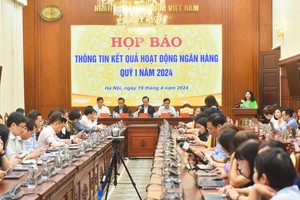
Hiking price of biomass power to nearly VND2,000 per kWh proved Vietnamese government’s determination in attracting investment in renewable energy including wind power and solar power to solve power problem in the context that fossil fuels are running out and more dependence on energy supplied by foreign countries.
The overreliance on fossil fuel in the energy mix is threatening the energy security of the nation. In addition, Vietnam has been experiencing severe environmental issues related to climate change and local air pollution. All of those issues require the gradual replacement of fossil fuels with green and environmentally friendly energy sources.
Biomass power is carbon neutral electricity generated from renewable organic waste that would otherwise be dumped in landfills, such as scrap lumber, forest debris, and crop residues.
Different from fossil fuels including oil, coal and natural gas, biomass power with large reserve can be recyclable; therefore, it is considered as one of energy sources in the future. In the world, right now biomass power is the fourth source of power behind coal, natural gas, oil accounting for approximately 14-15 percent of the global energy supply while it takes up 35-45 percent of total energy in developed countries.
Being an agricultural country, Vietnam has very good biomass energy potential from forest wood, rubber wood, logging residues, saw mill residues, sugar cane residues, bagasse, coffee husk and coconut residues, and animal excrements with the average amount of waste produced per year around 150 million tons per annum.
Accordingly, if the country doesn’t handle the large quantity of forest wood, rubber wood, logging residues, saw mill residues, sugar cane residues, bagasse, coffee husk and coconut residues, and animal excrements, it will pollute ecosystem including soil, atmosphere, heat and light from the sun, water and living organisms.
To a large measure , sugarcane is one of the most promising agricultural sources of biomass energy and only sugarcane biomass can sustainably be produced to meet electrical energy demands. For years, several sugar manufacturers have invested in equipment to make power from sugarcane residues.
According to the Electricity of Vietnam (EVN), just 175 MW biomass power of three biomass power plants connected to the national grid last year. However, as per the national renewable energy development strategy approved by the Prime Minister, the country targeted biomass power must be 660MW; 1,200MW and 3,000MW in 2020, 2025 and 2030 respectively.
The Ministry of Trade and Industry said that investors showed their indifference in investment in biomass power from forest wood, rubber wood, logging residues, saw mill residues, sugar cane residues, bagasse, coffee husk and coconut residues, and animal excrements because price of power is low.
It is a positive sign when the PM decided to raise in feed-in tariffs (FIT), fixed electricity prices that are paid to renewable energy (RE) producers, from US$5.8 cent per kWh to US$ 8.47 cent per kWh.
It is hoped that biomass power projects will be accelerated more after the decision. Yet, biomass power investors said that the government should have supporting policies for development of the new energy.
























